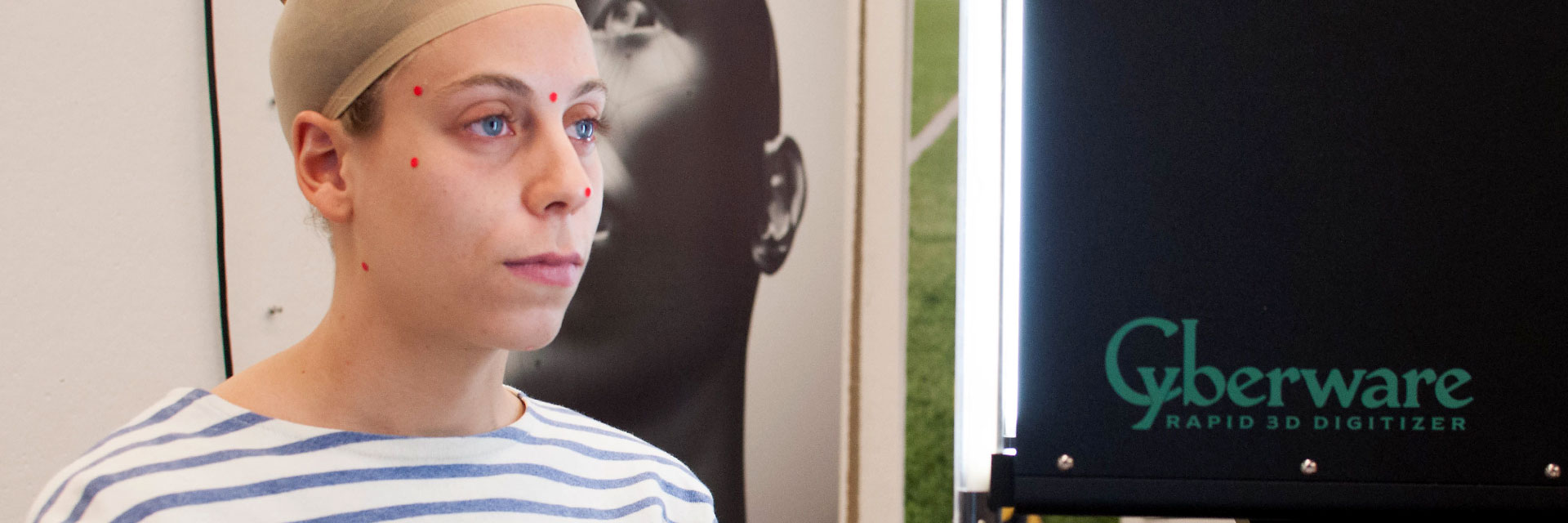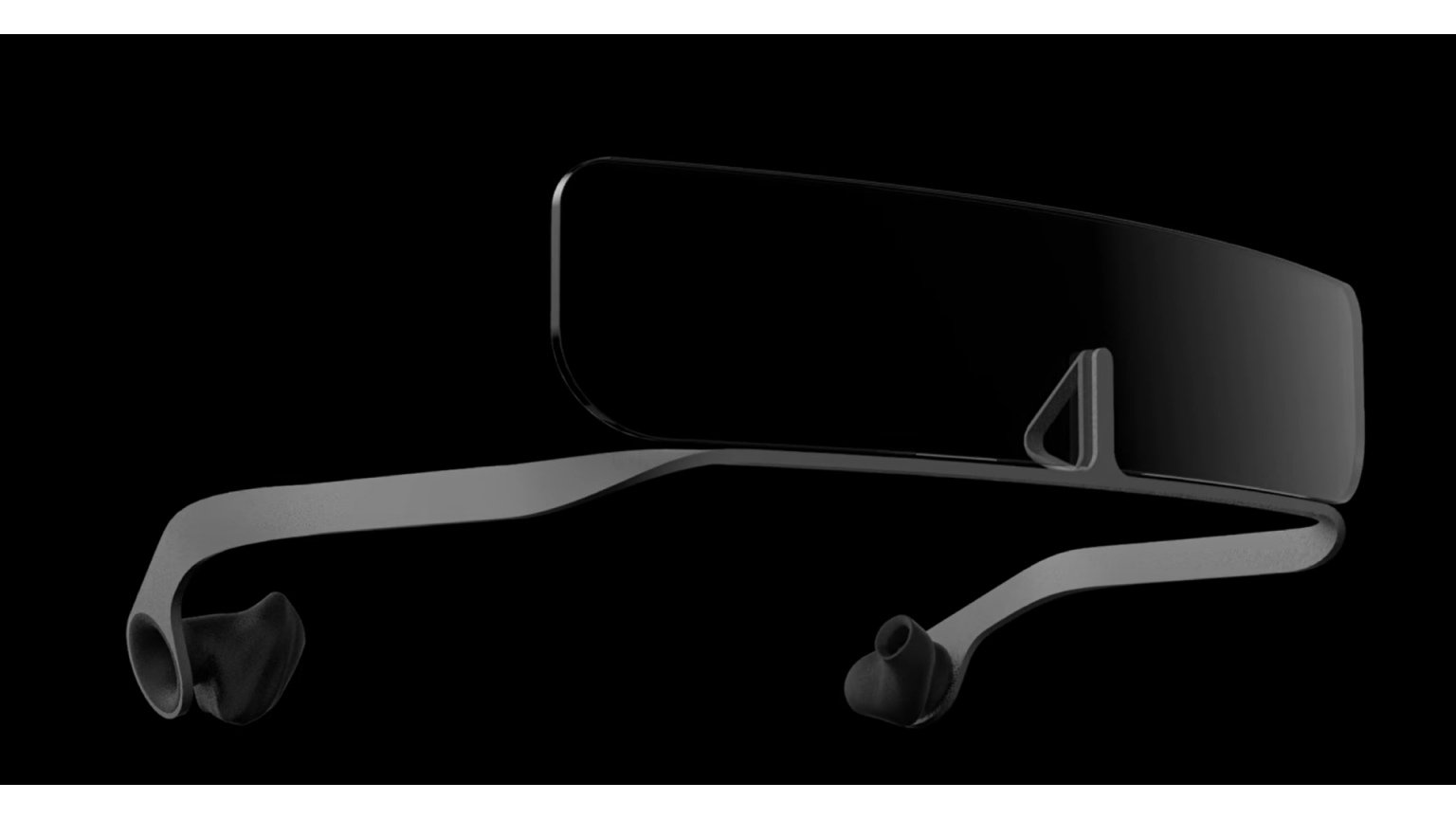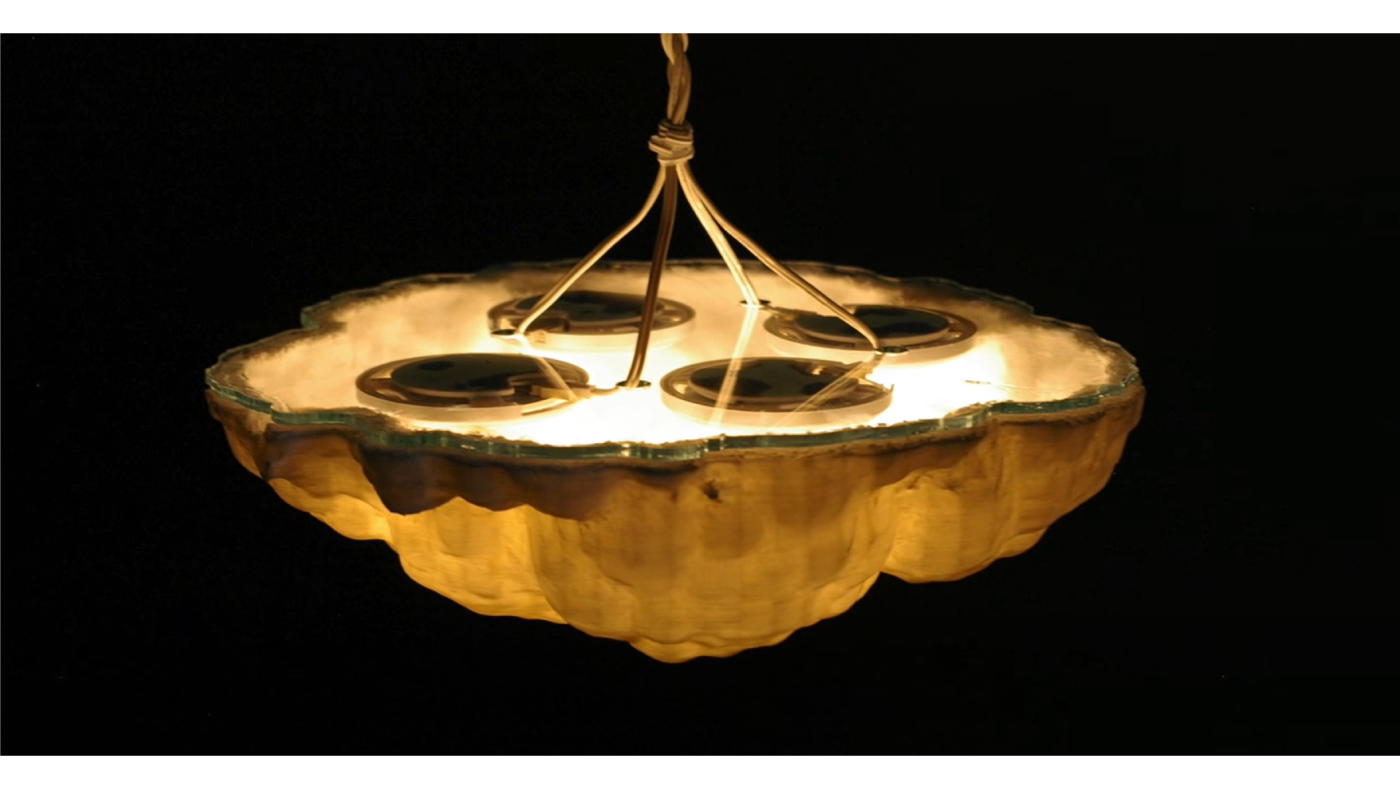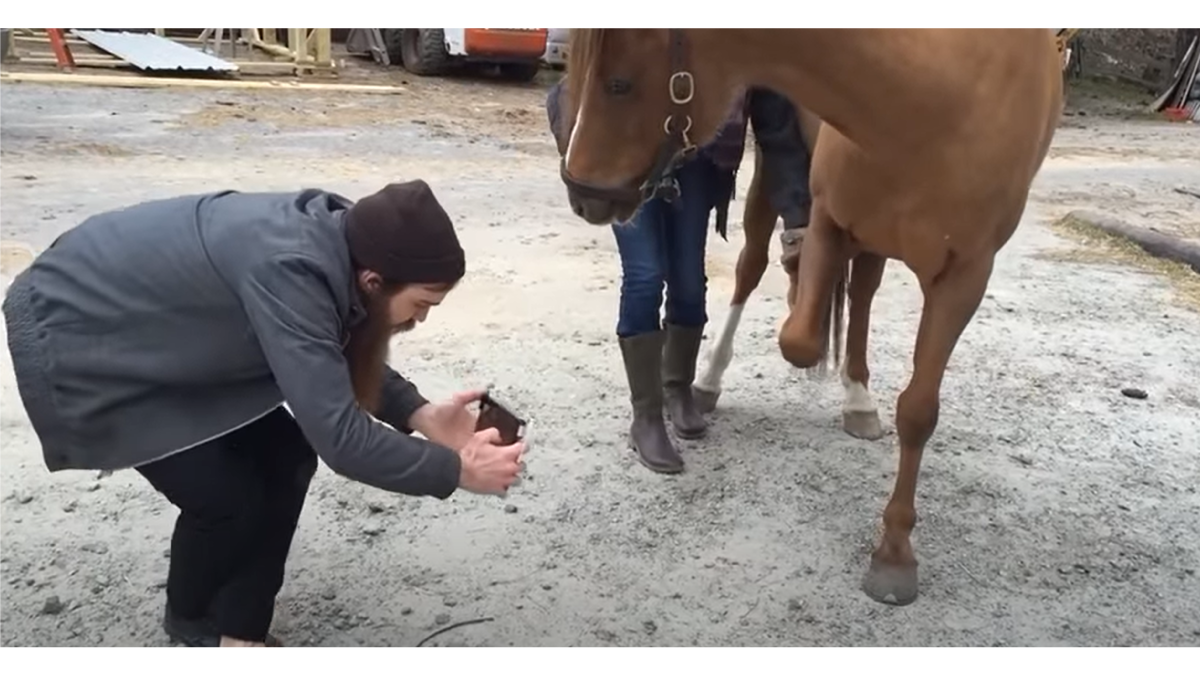
Body Scan Lab
We study body shape variations of individuals and global populations to create better-fitting products that improve the quality of human life. Our research focuses on creating design tools for the human body using high-resolution 3D scanning, free-form CAD software, and digital manufacturing methods. We create original research, develop curriculum and coursework, and consult with industry. Faculty and students are encouraged to use our scanning facilities and equipment to develop their own body fitting and creative design projects.


